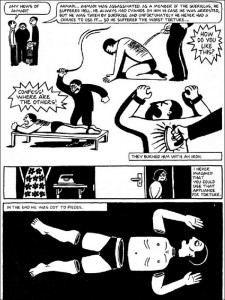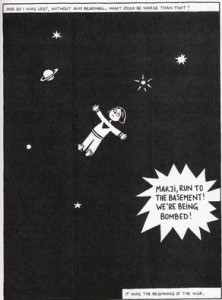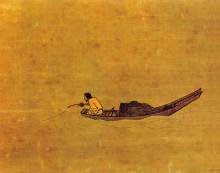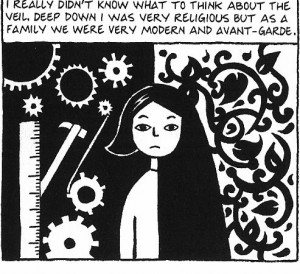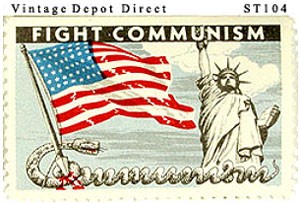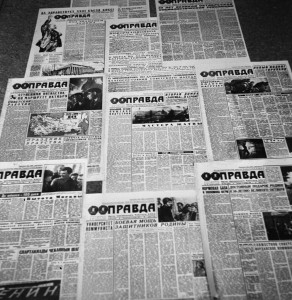Hey bloggers!
It’s been a while since I wrote my last blog. During these weeks we read Redeployment written by Klay. It’s an interesting and eyes-opening article, although we were just required to read one chapter of this book, because instead of depicting the view of redeployment and reuniting with families, Klay puts himself into veteran’s shoes and sees the world from the side of those who witness the wounded, the dead and those who, although account for less than 1% of population of US, shoulders the mission as protecting national interest and security.
I call the angle of veterans as “site behind glories” because what we see is crowd cheering, bouncing castle, the U.S. flag and compliment as well as sign of reanimation. Nevertheless, what we ignored and will always overlook is the fact that what we thought veterans would feel is not actually what they really feel. I remembered there is a scene in the text where protagonist is riding back home with Cheryl, his wife. “I’m so happy you are home””I love you so much””I’m proud of you”…With those words sound reasonable and familiar with us, he barely respond to this compliment. Instead, replies as he “I love your too”. Why he is not replying? Was it because he does not feel proud as any other Americans feel? as what nationalism suppose him to feel? May he thinking at that time “I’d rather not receiving this special treatment, I’d rather not killing people and stay orange now, or at the rest of my life and remain as a normal people and embedded in white and stay innocent”?
This remind me of Persepolis, which was my topic in my previous blog. There is this child,losing his father who is evacuated due to remonstrating new governance and is considered as a threat to authorities. When little Marji express her sorry to this peer and panegyrise as “Your father die as a hero, and your should be proud of him”. What this child reply is “I’d rather he not die and live as normal people”. This image left me shocks as the words left to Marji because,for us, those impression placed on veterans is constructed by mass media- television, printed news, facebook…etc, all of which fail to let us experience the trauma, thus when we are put in shoes of those who experience trauma, we find gap and disjointed attitude towards war, injured, what belongs to glorious and what is not, what accounted as glorious and what is not.
